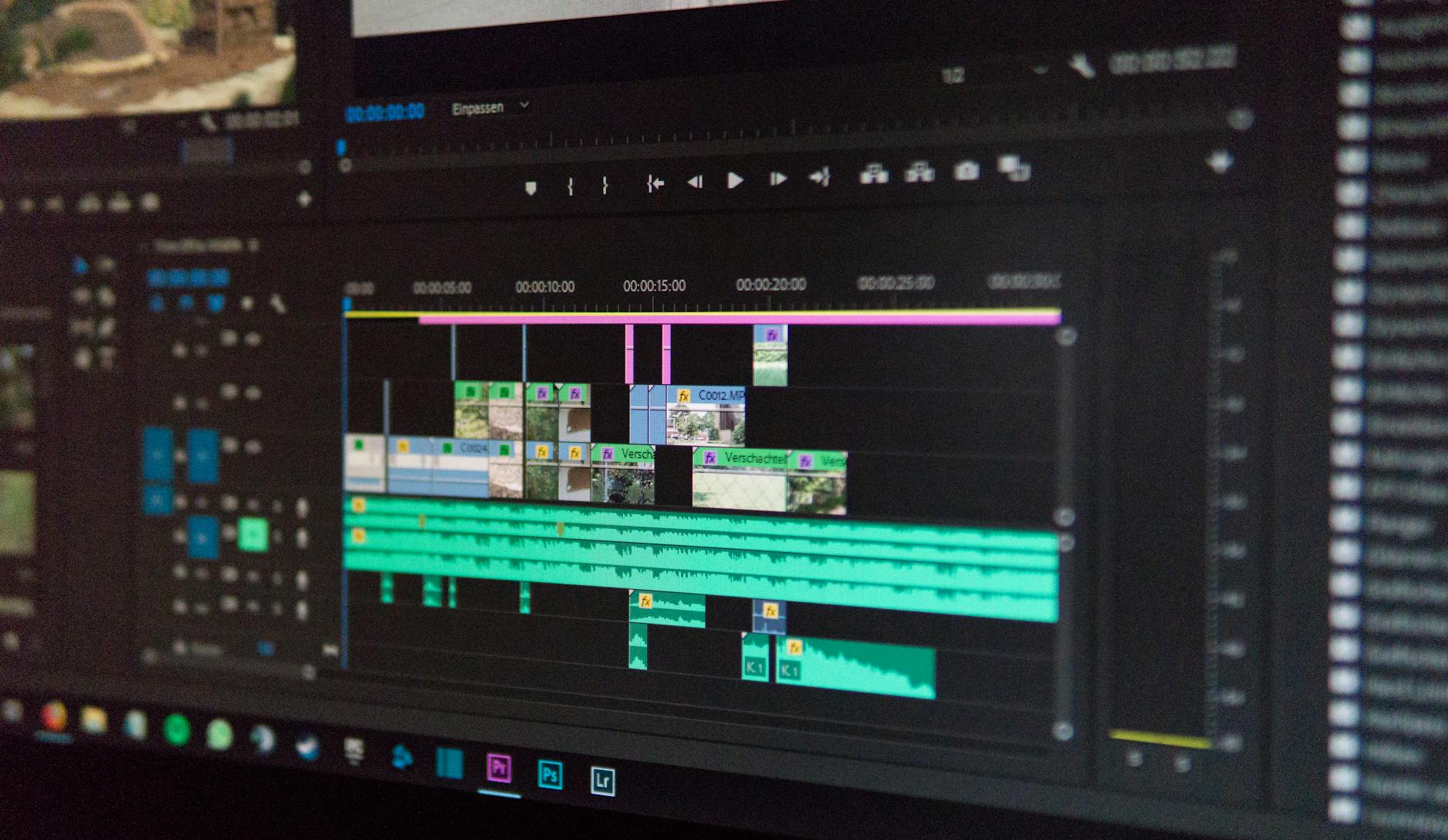What is usage tracking?
What is usage tracking?
In today’s fast-paced world, managing your time effectively can feel like an uphill battle. The concept of usage tracking has emerged as a powerful tool to help individuals harness their productivity and make informed decisions about how they allocate their time. But what exactly is usage tracking, and why should you consider it in your quest for better time management? Let’s explore this topic in detail.
Understanding Usage Tracking
Usage tracking refers to the systematic process of monitoring and recording how individuals interact with various tools, applications, or resources over time. This tracking can happen in several contexts, such as personal productivity, software usage, or digital asset management.
Definition of Usage Tracking
At its core, usage tracking is about gathering data on user interactions to analyze patterns and behaviors. Whether it’s tracking the time spent on certain applications or the frequency of tasks completed, usage tracking provides a clear picture of how time is being utilized.
Purpose of Usage Tracking
The main objective behind implementing usage tracking is to gain insights into user behavior. By understanding how time is spent, individuals and organizations can identify areas of improvement, optimize workflows, and enhance overall productivity. It allows you to pinpoint distractions and inefficiencies that might be holding you back.
Benefits of Usage Tracking
Implementing usage tracking can yield numerous advantages, particularly for those looking to boost their productivity and make smarter time management choices.
Enhancing Productivity
One of the most significant benefits of usage tracking is its ability to enhance productivity. By identifying time drains—activities or applications that consume too much time without yielding significant results—you can take proactive measures to reduce these distractions. For instance, if you find that you spend hours on social media daily, you can set limits or designate specific times for these activities.
Informed Decision Making
Data collected from usage tracking can significantly aid in making informed decisions regarding time management. You’ll be able to analyze which tasks consume the most time and prioritize those that align with your goals. With this information, you can focus on high-impact activities that drive better results and adjust your approach as needed. For deeper insights, platforms like Oracle offer detailed guidance on tracking usage effectively.
Popular Tools for Usage Tracking
Several tools are available that can help you implement effective usage tracking. These tools can range from simple timers to sophisticated analytics platforms.
Software Options
- RescueTime: This tool runs in the background and tracks how much time you spend on applications and websites, providing detailed reports on your habits.
- Toggl: Toggl is perfect for freelancers and teams looking to track time spent on various tasks. Its intuitive interface makes it easy to log hours and analyze productivity.
- Clockify: A free tool that allows you to track time across different projects and analyze the data to improve your time management skills.
Features to Look For
When selecting a usage tracking tool, consider the following features to ensure it meets your needs:
- User-Friendly Interface: A simple and intuitive design helps you get started quickly.
- Detailed Reporting: Look for tools that provide in-depth reports and analytics to help identify trends in your usage.
- Customization Options: The ability to customize tracking categories can make the data more relevant to your specific goals.
- Integration Capabilities: Ensure that the tool can integrate with other apps you use for seamless tracking.
Challenges and Considerations
While usage tracking offers many benefits, there are challenges and considerations to keep in mind when implementing it.
Privacy Concerns
One of the primary concerns surrounding usage tracking is privacy. Users may feel uncomfortable knowing that their activities are being monitored. It’s essential to select tools that prioritize user privacy and ensure that data is stored securely. Transparency about what data is collected and how it’s used can help alleviate these concerns.
Data Overload
Another potential issue is data overload. With so much information available, it can be overwhelming to decipher what’s valuable and what isn’t. To avoid drowning in data, focus on key metrics that align with your goals. Utilize visual representations, such as charts and graphs, to simplify your analysis process.
Conclusion and Best Practices
In summary, usage tracking is a valuable strategy for anyone looking to enhance their productivity and make informed time management decisions. By understanding how you spend your time, you can identify areas for improvement and optimize your workflow effectively.
To maximize the benefits of usage tracking, consider the following best practices:
- Set Clear Goals: Define what you want to achieve with usage tracking to maintain focus.
- Regularly Review Data: Schedule time to review your tracking data and adjust your strategies accordingly.
- Be Mindful of Privacy: Choose tools that respect your privacy and ensure data security.
By leveraging the power of usage tracking, you can take significant steps toward improved productivity and a more balanced life. So why not start tracking your usage today? You might be surprised by what you uncover.

Photo by Alex Fu